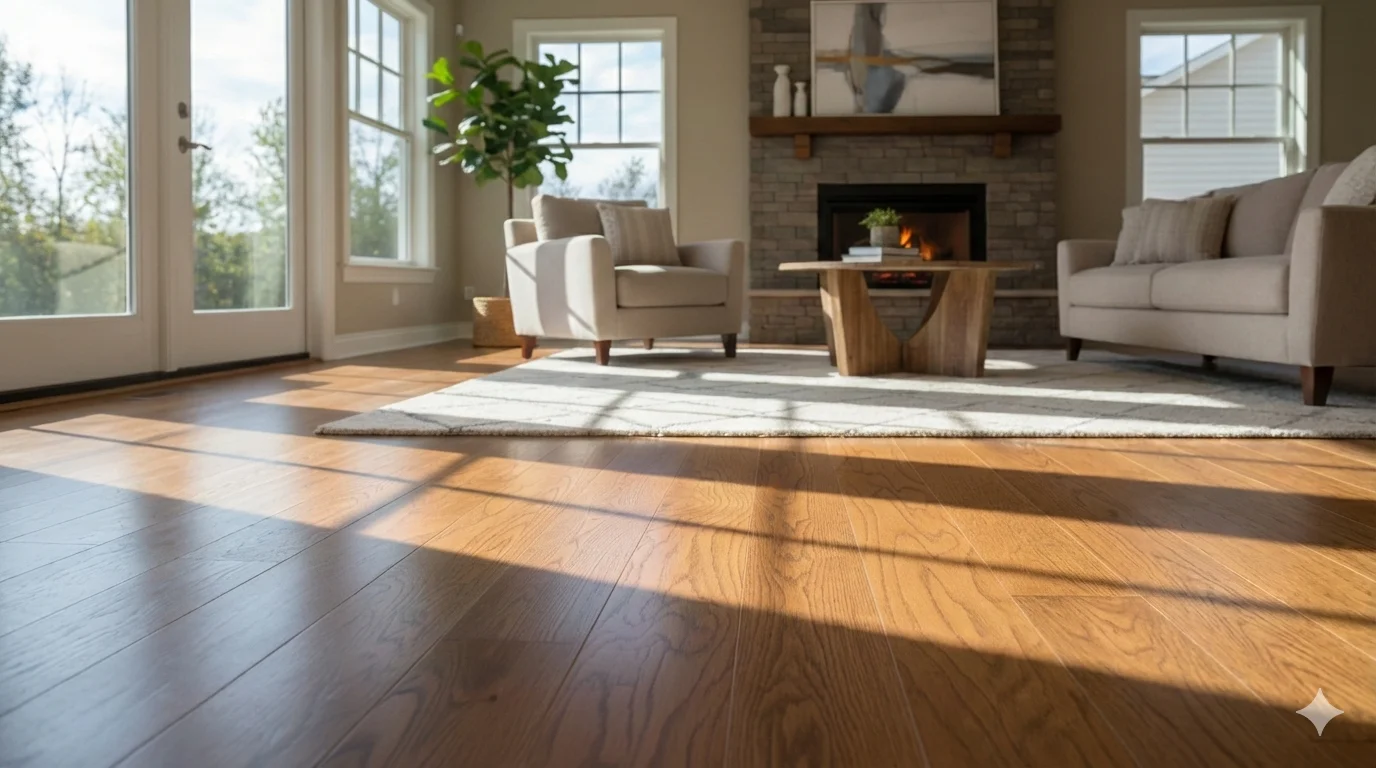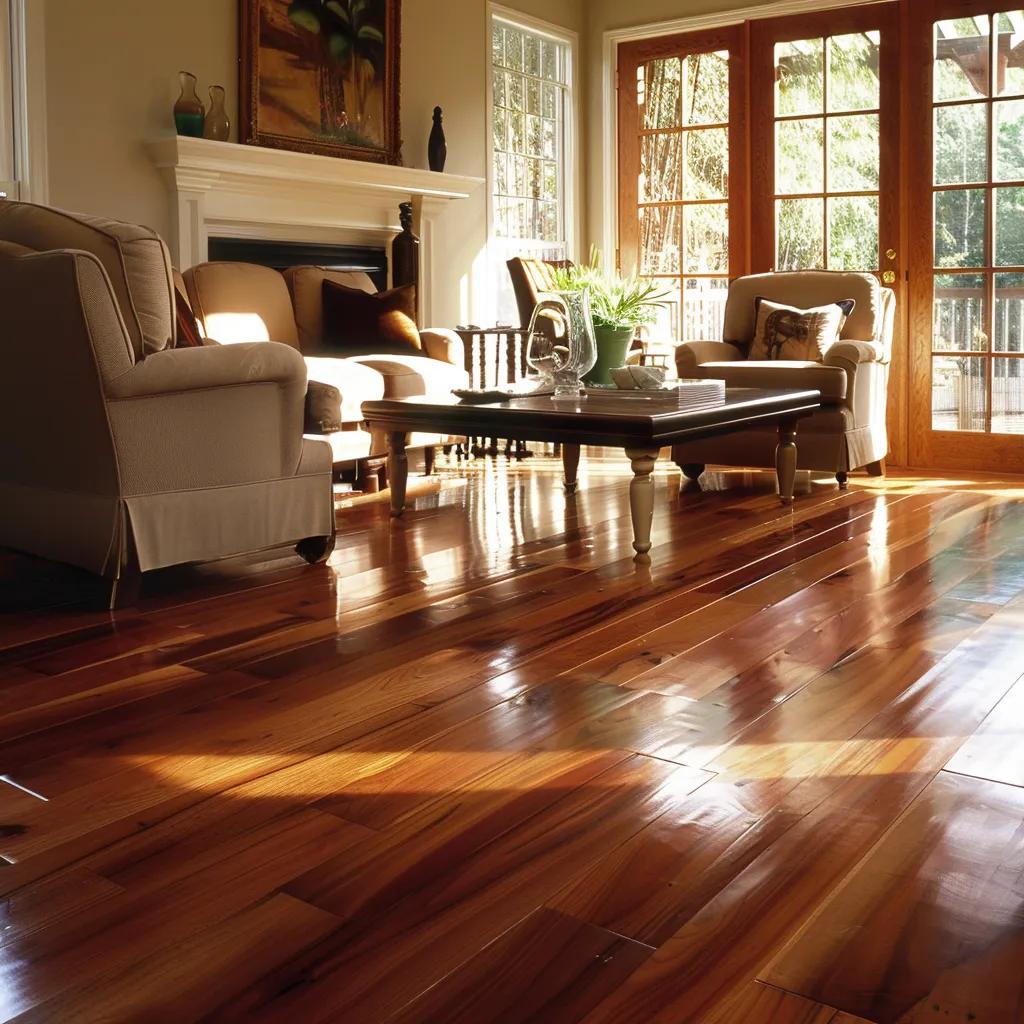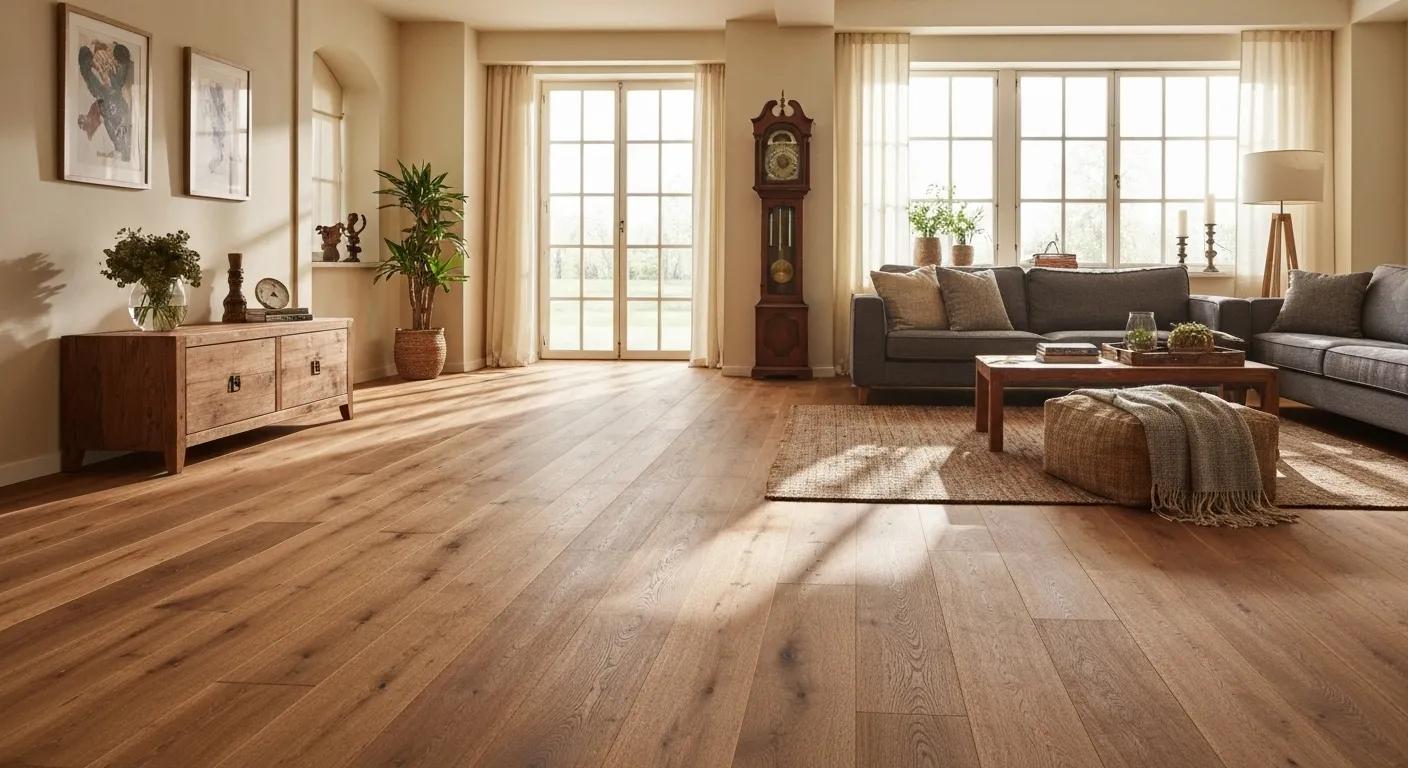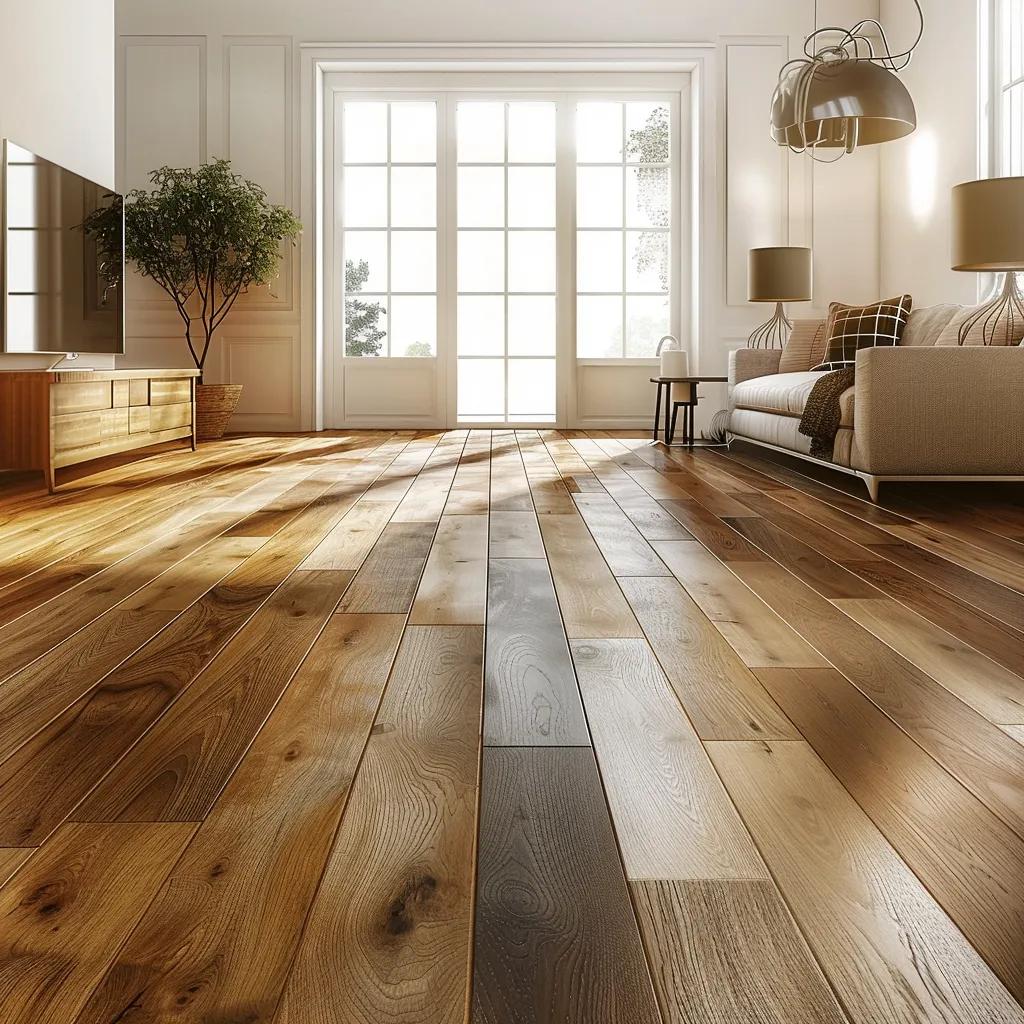Choosing the right flooring for your home is important, especially if someone in your family has allergies. Two of the most popular choices are hardwood and carpet, but which is better for keeping allergies at bay? Let’s break down the pros and cons of each to help you make an informed decision.
What Causes Allergies in the Home?
Allergies in the home are often triggered by dust, pet dander, mold, and pollen. These allergens can settle into your flooring and affect the air quality, leading to symptoms like sneezing, itchy eyes, and difficulty breathing. The type of flooring you choose can significantly impact how many allergens are trapped in your home.
Hardwood Flooring: The Allergy-Friendly Option
Easy to Clean
One of the biggest advantages of hardwood flooring is how easy it is to clean. Dust and allergens can be quickly swept or vacuumed away, preventing them from building up over time. Unlike carpet, hardwood floors don’t have fibers that trap dust and dander, making it easier to maintain a healthier home environment.
Hypoallergenic
Hardwood floors are considered hypoallergenic because they don’t harbor allergens. This is especially beneficial for people with severe allergies or asthma. With regular cleaning, hardwood floors can significantly reduce the number of allergens in your home.
Long-lasting and Durable
In addition to being allergy-friendly, hardwood floors are also durable and can last for decades with proper care. While the initial cost might be higher than carpet, the long-term benefits often outweigh the expense. Plus, hardwood floors can add value to your home.
Carpet: Comfort with Considerations
Warm and Comfortable
Carpet provides a warm and cozy feel, making it a popular choice for bedrooms and living areas. It’s soft underfoot and can help insulate your home, reducing energy costs. However, when it comes to allergies, carpet has its downsides.
Traps Allergens
Carpet fibers trap dust, pet dander, and other allergens, which can be problematic for allergy sufferers. Even with regular vacuuming, it’s challenging to remove all the particles embedded in the carpet. Over time, this can lead to increased allergy symptoms and poor indoor air quality.
Requires More Maintenance
Maintaining a clean carpet requires frequent vacuuming and professional cleaning to remove deep-seated dirt and allergens. If you choose carpet, it’s crucial to invest in a high-quality vacuum with a HEPA filter and schedule regular cleanings to minimize allergen buildup.
Comparing Costs
Initial Investment
Hardwood flooring may have a higher upfront cost compared to carpet. However, considering its longevity and ease of maintenance, many homeowners find that hardwood is a worthwhile investment in the long run.
Maintenance Costs
While both types of flooring require maintenance, carpet generally needs more frequent and intensive cleaning. This can add up over time, making hardwood floors a more cost-effective option for those looking to reduce allergens in their home.
Making the Right Choice for Your Home
When deciding between hardwood and carpet, it’s essential to consider your family’s specific needs, especially if allergies are a concern. Hardwood flooring is generally better for minimizing allergens and maintaining good indoor air quality. However, if you prefer the warmth and comfort of carpet, be prepared to invest in regular maintenance to keep allergens at bay.
Trust BK Flooring Services for Allergy-Friendly Flooring Solutions
When it comes to choosing the best flooring to reduce allergens, BK Flooring Services is your go-to expert. We can help you find the perfect flooring option to suit your style and needs while improving your home’s air quality. Our team treats your property with the utmost respect and works efficiently within your timeline and budget. Prefer speaking Spanish? We’re fluent and ready to assist! Don’t hesitate—reach out to us today to discover more about our exceptional, allergy-friendly flooring solutions.






